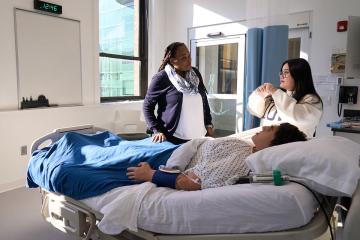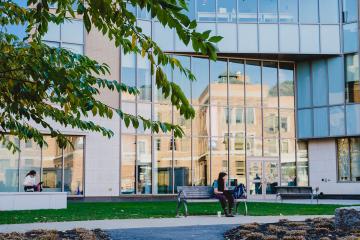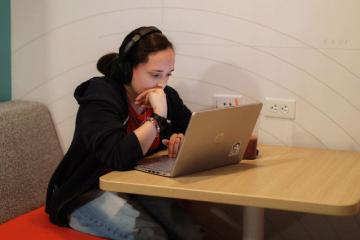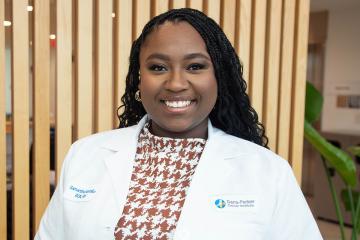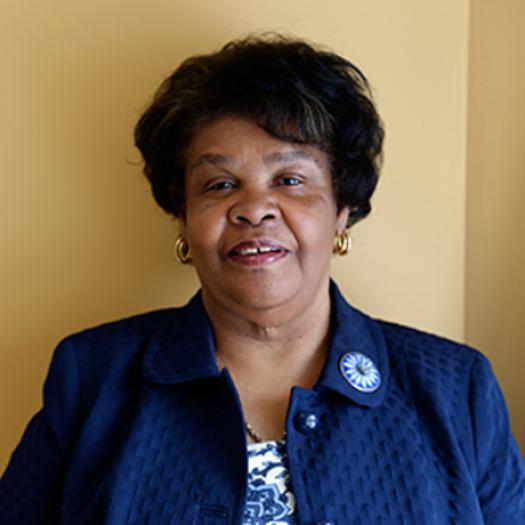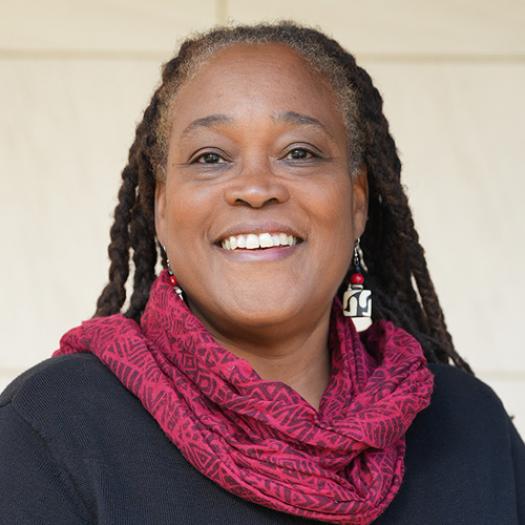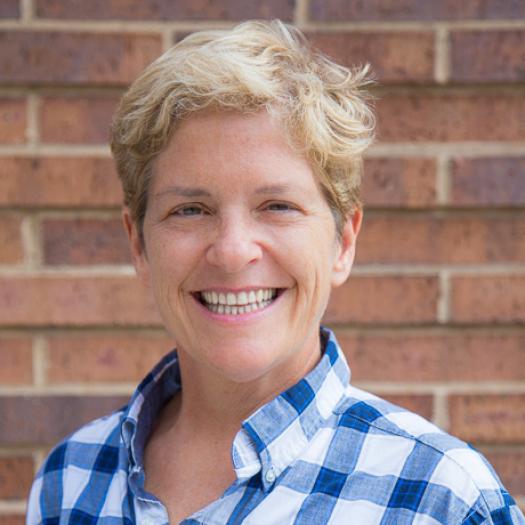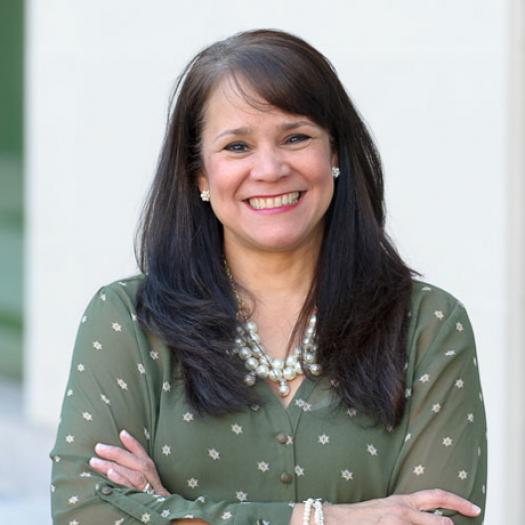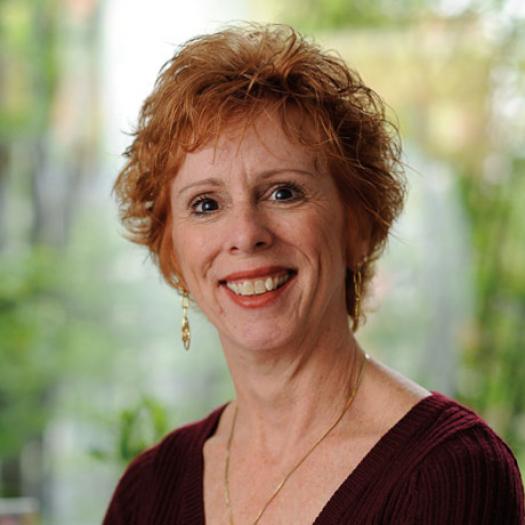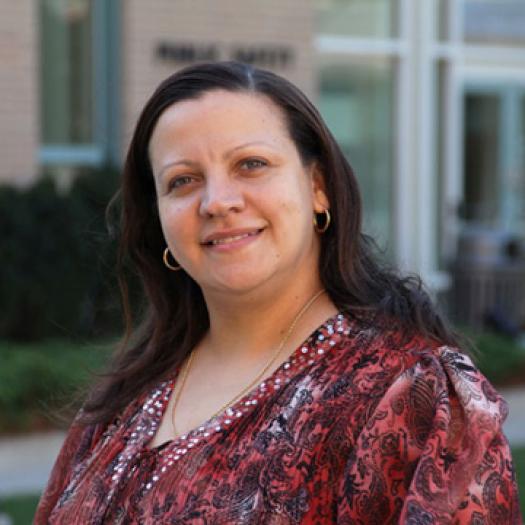Nursing (BSN)
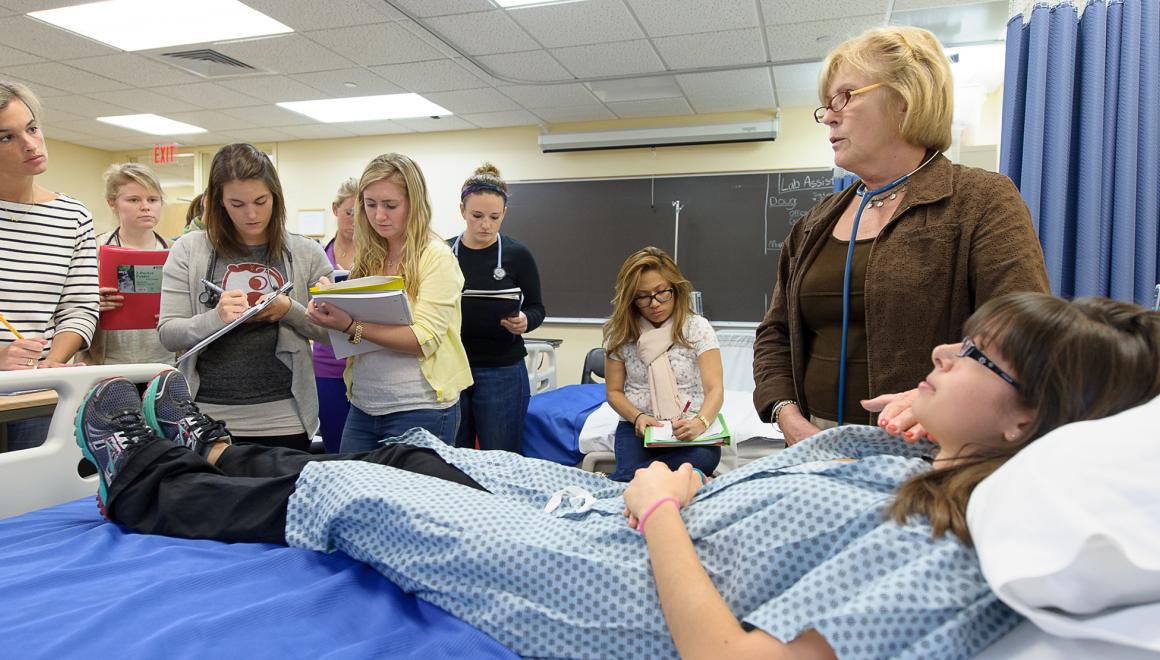
Why become a Nursing major?
Nurses are always in high demand. According to the Bureau of Labor Statistics, employment of registered nurses (RNs) is projected to grow 7 percent from 2019 to 2029, much faster than the average for all occupations. Furthermore, the need for trained nurses will never disappear.
Trained nurses with a BSN degree from Simmons University have the ability to work anywhere around the country—or even internationally. No matter where you end up, no two days will be the same in your nursing career. The constant changes and challenges of the healthcare field are undoubtedly demanding, but, more importantly, incredibly rewarding.
Nursing majors at Simmons graduate with a Bachelor of Science in Nursing (BSN) degree, prepared for the registered nurse licensure (NCLEX) exam, graduate school, and entry-level nursing positions in offices, homes, hospitals, and schools.
Simmons also features a unique opportunity for transfer and adult learners to complete their BSN in 2 years, as well as our accelerated five-year Bachelor of Science in Nursing (BSN) and Master of Science in Nursing (MSN) degree, our Master of Science in Nursing (BSN to MSN) degree program, and our fully online RN to BSN program for adult learners.
Unsure of which Nursing program you should follow? Compare them all and discover which nursing program is right for you.
The School of Nursing at Simmons has many program and leadership opportunities as well, including the Dotson Bridge and Mentoring Program.
Bachelor’s degree in Nursing admission requirements
Applying to Simmons’ BSN degree program is free when using the Common Application. The Simmons admission committee will review your application holistically to learn not only what you have accomplished, but who you are, including your participation in leadership and co-curricular activities.
Learn more about what our admission committee considers when admitting BSN degree students and BSN degree requirements.
What will you learn in our BSN Nursing Program?
Students in our Bachelor of Science in Nursing program participate in classes brought to life by dedicated professors who also practice as nurses and pride themselves on being personal mentors. With our carefully designed acute care curriculum, state-of-the-art simulation labs, and clinical education program, our BSN students graduate ready to administer skillful and compassionate care.
Simmons has close relationships with world-renowned teaching hospitals and research facilities like Brigham and Women's Hospital, Beth Israel Deaconess Medical Center, Boston Children's Hospital Boston, and Massachusetts General Hospital. BSN Nursing students participate in clinical rotations, attend talks, and pursue research and employment opportunities with leading experts in the industry.
What can you do with a BSN degree?
At Simmons, Nursing majors cultivate the practices and procedures required to care for others and save lives. In addition to being highly skilled, Simmons BSN graduates are compassionate and socially responsive, with the capability to provide customized care to each unique patient.
Nurses are at the heart of healthcare. Simmons Nursing majors have a reputation for being the best and brightest in their field. BSN holders are prepared to go on to graduate school or entry-level nursing positions in acute inpatient units, community health centers, offices, homes, hospitals, and schools.
Possible career paths for BSN holders include:
- Hospital Nurse
- Public Health Nurse
- Clinical Research Nurse
- Case Management Nurse
- Nurse Manager
- School Nurse
Find out more about our Nursing BSN!
Earn your Bachelor of Science in Nursing (BSN) degree at Simmons University and get started on the path to a fulfilling career. You can request more information, schedule a campus tour, or find out how to apply today!


